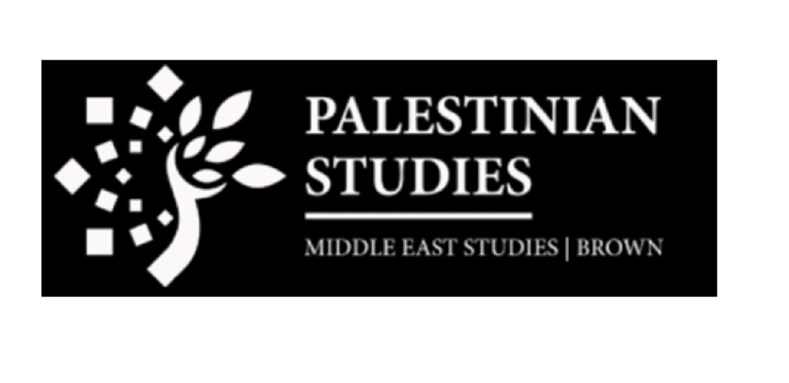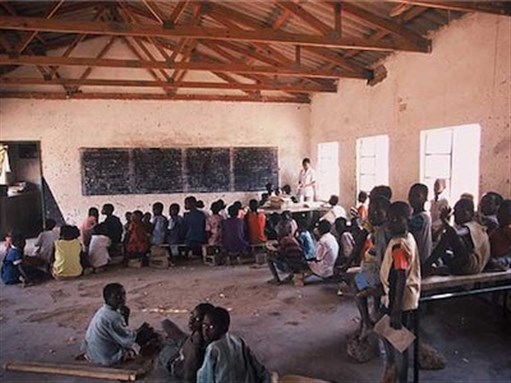Call for Book Proposals in Palestinian Studies
New Directions in Palestinian Studies publishes innovative conceptual, archival, and ethnographic research projects that transcend the dominant Orientalist and nationalist paradigms and that connect the Palestinian experience to global histories and dynamics.
WHAT WE`RE ACQUIRING
The series will develop and acquire projects by established academics and by rising scholars who place a premium on innovation and accessibility. Rigorous works that integrate comparative and global perspectives are especially welcome. The series is open to a wide range of approaches to the study of Palestine and the Palestinians including, but not limited to, the fields of history, anthropology, literature, political economy, sociology, religion, international relations, post-colonial studies, environmental studies, visual culture, and media studies.
SUBMISSION PROCESS
We are currently accepting submissions for this series on a rolling basis. To receive full consideration please email a book proposal and your CV to the editorial committee at ndpsbooks@gmail.com. UC Press Book Proposal Guidelines can be found at www.ucpress.edu/go/bookproposal.
EDITORIAL COMMITTEE
Beshara Doumani—Series Editor
Rashid Khalidi
Sherene Seikaly
ABOUT THE SERIES
New Directions in Palestinian Studies is a new series to be published through UC Press’s open access platform, Luminos, and in conjunction with the New Directions in Palestinian Studies research initiative of Brown University’s Middle East Studies Program. Books in the series will be made available as free e-books as well as an affordable paperback edition.
Luminos is University of California Press’ new Open Access publishing program for monographs. With the same high standards for selection, peer review, production and marketing as our traditional program, Luminos is a transformative model, built as a partnership where costs and benefits are shared.
The New Directions in Palestinian Studies research initiative of Brown University’s Middle East Studies Program, launched in 2012 by Beshara Doumani, aims to shape scholarly works in this field through an annual workshop, an endowed post-doctoral fellowship, and a book series. The thematically organized workshops bring together emerging and established scholars to take stock of research trends, identify promising new questions and sources, and encourage networking across academic and research institutions.

















